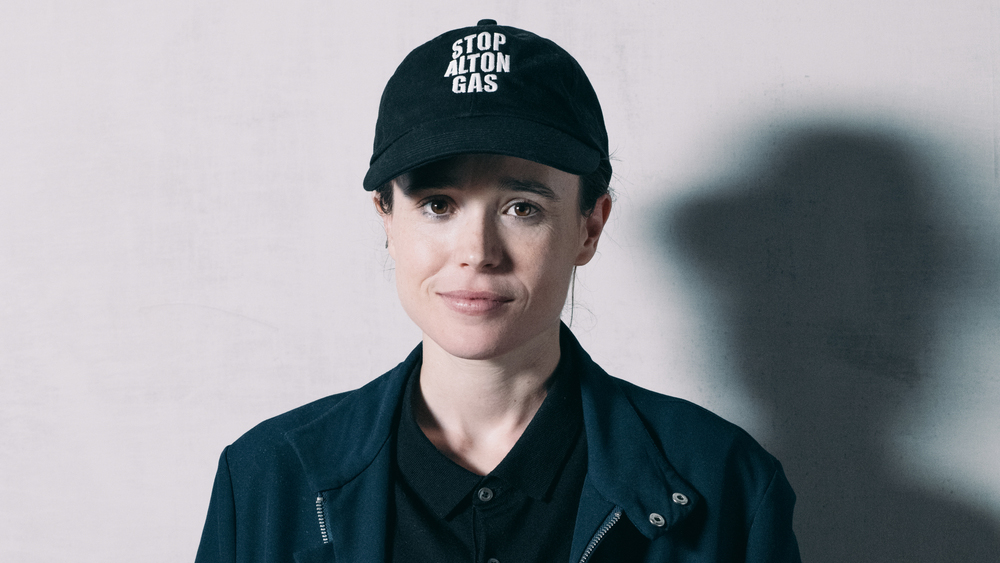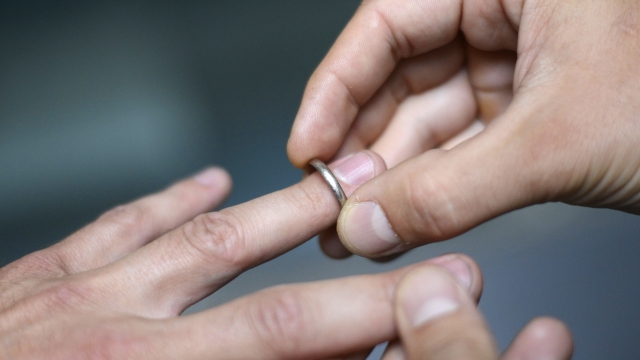Dear KitschMix,
So I am not sure of my sexuality, but every one that hangs out with me always concludes that I am a lesbian without me saying anything. Maybe it is the way I act, I honestly don’t know. But one of my friends ALWAYS uses this as a joke among our group.
At first I was ok with that because, it is what it is, a joke. I kind of played it off without saying anything because if I do, I feel like they will be “Aha! so you are a lesbian!” And if I truly am, I am not ready to come out to anybody yet.
But today, she did it again. A stupid joke about me being closeted, and for some reason, it made me really angry this time. I thought about a bunch of things, like what right do you have to tell me when to come out or not. Or how do you even know I really am gay? Any advise for this situation?
Hello reader! I think this is a fairly common problem, actually. I know my well-meaning mother has done this to people before (two of my cousins, actually – not me) and, sure enough, once the person is ready to come out, there’s a big “I told you so” waiting for them. I know she didn’t see it as bullying until much more recently – she actually called my stepdad out on it the other day. It’s important to realize that they’re probably not trying to be hurtful – but that doesn’t make what they’re doing OK, and you have every right to stand up for that.
Then again, as soon as you do stand up for yourself in this regard, you’re right – they’ll probably take it as their impeccable gaydar. (I’ve said it probably a hundred times, but it’s time to repeat it: gaydar is not real.)
If this person is actually a friend of yours, as opposed to an acquaintance you hang out with sometimes (the differences can be subtle), it might be helpful to sit down with her and tell her how it makes you feel. If she’s just an acquaintance, my advice would be to simply drop her – she’s an ass, pure and simple, and it’s not worth outing yourself to someone who doesn’t actually have your best interests in mind.
That being said, there are of course some things you can do to make the talk with a friend a little more fruitful – and honestly, the way you’ve explained the situation to me is pretty close to how you’ll want to explain it to her.
The exact words will probably vary, and I don’t recommend you take my advice as a “script” here – this should help shape your conversation, but since I don’t know the entire situation, I can’t exactly write your lines for you. But there are a few points you should probably touch on when you bring it up to her – you’ll probably be able to tell which are pointless to bring up, and which might actually make a difference.
Friend, I know you think it’s harmless joking when you poke fun at my possible lesbianism. But the truth is, outing someone is a big deal, whether they’re actually gay or not. By turning it into a joke, you’re essentially poking fun at a large part of my identity – whether you are invalidating my straight-ness or you are making light of my gay-ness, either way, you are taking away my power to identify as I see fit. Further, I think you might actually be right – but that doesn’t give you permission to make that decision for me. Personal identity (and sexual identity) are very personal issues, and it’s upsetting to me that you think you know me better than I know myself. There is no way to logically determine whether someone is gay or straight unless they actually want you to know. And I don’t want anyone to know until I’m sure of the answer myself.”
Wow, that came out a bit wordy, didn’t it! This is where your own knowledge of your friend will come into play. Other than these jokes, is she caring and supportive? If she is, it’s really not likely that she’s out to hurt you; take my mother for example. She’s been my biggest supporter my whole life, and honestly she’s supportive of everyone as long as they don’t screw her over, or screw over someone she cares about. But, her own homo-naivety made things a little difficult, and it did take years for her to be as understanding as she is now.
What’s most important isn’t the conversation itself, but rather that you have the conversation – you need to let her know that it affects you, not because of your personal identity, but because she’s taking away your ability to identify for yourself. It’s equally important what happens after the conversation, too – that’s what makes all the difference.
Once you have the conversation with her, she is allowed to still be naïve, but she should be actively trying to suppress these comments. She should be trying to “catch” herself before they exit her mouth, without calling undue attention and suspicion to you. (This means she shouldn’t apologize publicly after slipping up and making these comments, although a good friend will probably want to.) She’s not going to be perfect right away, so try to be patient with her – you might need to remind her of how it makes you feel the first few times.
If she makes no effort at all to stop with the comments, you can (and probably should) drop her as a friend – if you tell someone how something makes you feel, and they make no effort to make the situation better, they’re effectively telling you that your feelings are less important than their impulses. That’s not a good quality in a girlfriend, it’s not a good quality in a friend, and it’s not a good quality in a family member. No one deserves to be treated like their feelings don’t matter.









